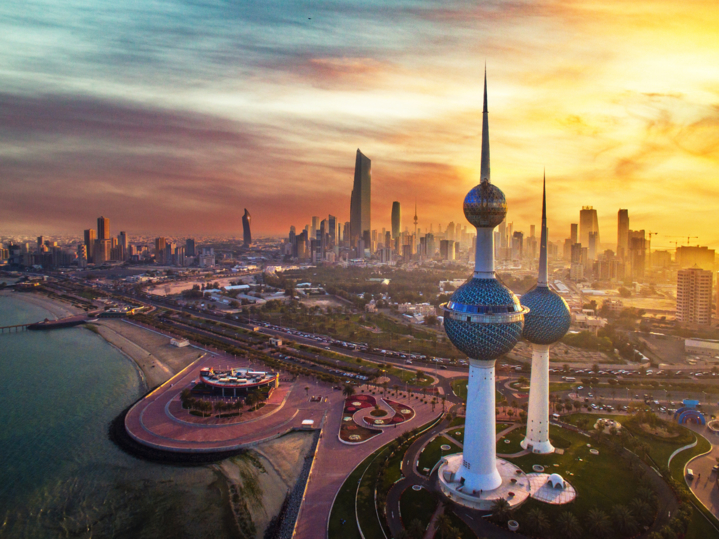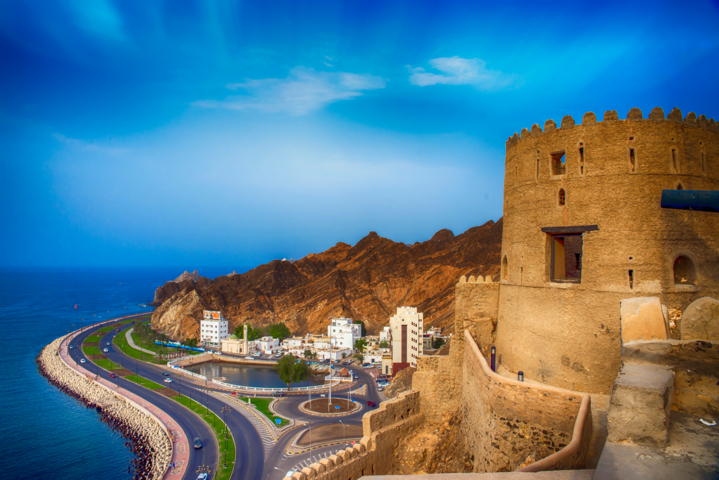
Our Competence Center for Food and Agriculture
On October 1, 2021, the German Federal Minister of Agriculture, Food and Regional Identity (BMLEH) commissioned the German-Emirati Chamber of Industry and Commerce (AHK) to establish a "Competence Center for Food and Agriculture" covering the United Arab Emirates (UAE), Oman, Qatar, Kuwait, and Iraq. The Competence Center aims to strengthen economic cooperation in the field of food and agricultural products between Germany and the five Gulf countries mentioned. (To continue in Arabic, please click here)
The services of the Competence Center are supported by the BMLEH and can be offered to German companies at a reduced rate through De-minimis funding.
We serve as an information, networking, and advisory platform, as well as a central point of contact for businesses in sectors such as agricultural machinery, beverages, confectionery, fruits & vegetables, grains, meat, fish, delicatessen, organic products, convenience food, dairy, and baked goods.
How can we support you? Get in touch with us.

Focus Regions at a Glance
Our Competence Center for the Food and Agriculture Sector was commissioned by the German Federal Minister of Agriculture, Food and Regional Identity (BMLEH) to cover the United Arab Emirates (UAE), Oman, Qatar, Kuwait, and Iraq. Our goal is to support German companies in the region and to promote exchange within the food and agriculture industry. Below, you will find more information about each location.
Trade Fairs Agri & Food

learn more or secure your spot - Click here
2025
Gulfood Manufacturing, VAE, Dubai, 5 - 7 November 2025
The largest event in the MEASA region for the food and beverage processing industry, highlighting the latest innovations in manufacturing.
The Speciality Food Festival, VAE, Dubai, 5 - 7 November 2025
A dedicated platform for gourmet and specialty foods, bringing together international brands and regional buyers.
GulfHost, Dubai, VAE, 5 - 7 November 2025
A hospitality equipment and food service expo, showcasing the latest products and solutions for the hospitality sector.
WABEL Summit, VAE, Dubai, 24 - 27 November 2025
Food, Beauty & Personal Care
ADIFE, Abu Dhabi, VAE, 26 - 28 November 2025
A significant event for the food industry, focusing on food security, safety, and quality in the region.
Archive (only available in German)
Die Berichte des Bundesministerium für Landwirtschaft, Ernährung und Heimat (BMLEH) sowie der Germany Trade & Invest (GTAI)...
View more
Get in touch:
-
Daisy Schmidt
Director - Kompetenzzentrum für die Ernährungs- und Agrarwirtschaft
+971 (0)2 6455200 agriandfood@ahkuae.com -
Noelia Weber
Deputy Director - Kompetenzzentrum für die Ernährungs- und Agrarwirtschaft
+971 (0)4 4470100 agriandfood@ahkuae.com









